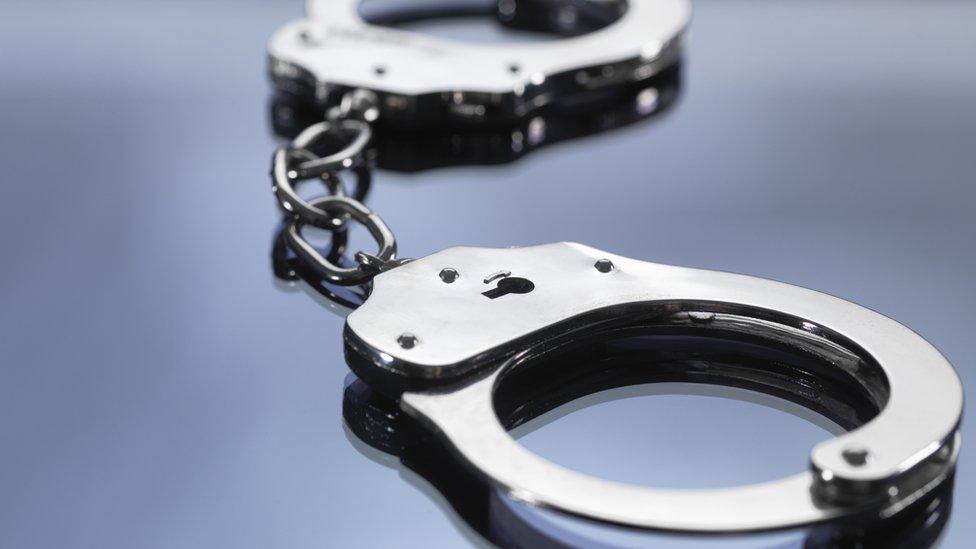Coronavirus: Stay local to exercise, says government
- Published
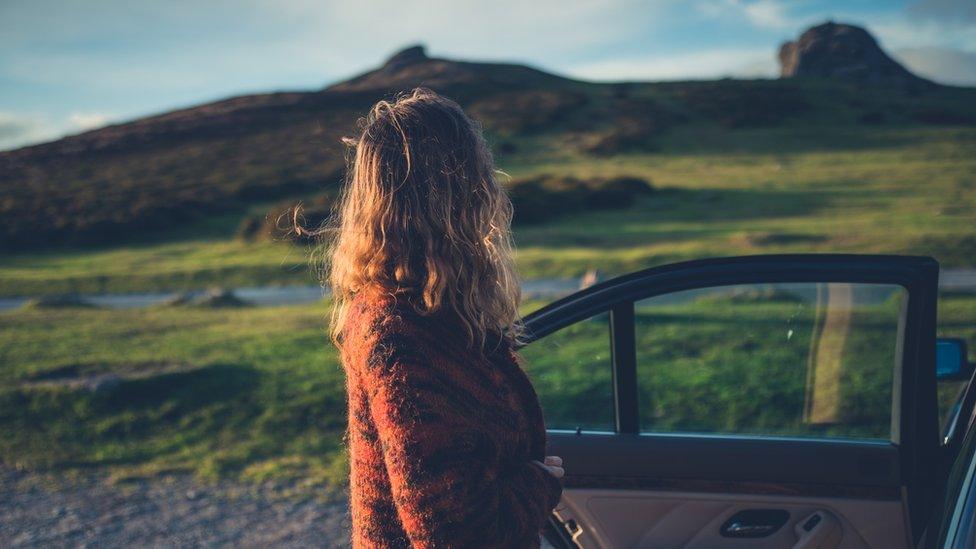
The government has said people should "stay local" and not travel unnecessarily for exercise.
New advice clarifies that people should use "open spaces", external near to home, where possible.
It follows confusion over whether people could drive somewhere to go walking, running, or cycling.
Exercise is one of the few defined reasons that people in the UK are allowed to leave their home during the coronavirus pandemic.
Derbyshire Police sparked a heated debate on Twitter this week when it shared drone footage of people walking in the Peak District, external, with a warning that daily exercise should not involve long trips or journeys in the car.
Allow X content?
This article contains content provided by X. We ask for your permission before anything is loaded, as they may be using cookies and other technologies. You may want to read X’s cookie policy, external and privacy policy, external before accepting. To view this content choose ‘accept and continue’.

Some Twitter users argued that those in the footage were not in the wrong as they were keeping apart from other people, while others classed driving to places as unnecessary.
The prime minister, who has tested positive for coronavirus, said on Monday that people can take "one form of exercise a day", external - either on their own or with people they live with. The government's official guidelines list running, walking and cycling, external as examples.
But the initial guidelines did not advise if, or how far, people could travel in order to exercise.
While the new advice does go further, it does not explicitly define what counts as "local", and whether or not people can use cars.

A SIMPLE GUIDE: What are the symptoms?
AVOIDING CONTACT: Should I self-isolate?
LOOK-UP TOOL: Check cases in your area
MAPS AND CHARTS: Visual guide to the outbreak

Mike, 53, from Lancashire, had to put the mountain biking festival he usually runs on hold this summer because of the pandemic - but still takes his bike out for rides on the Yorkshire Moors.
His house is a short cycle away, but a busy road means that he is unable to take his five-year-old with him.
"I don't want him riding up and down the main road outside our house, he's not quite ready for that yet," he told the BBC.
'Do you want to say my Coronavirus contribution was a fine?' - police warning
"But I know if I put his bike in the boot of my car and drive for half a mile, there are lots of countryside trails where he can ride safely along with me."
The RAC said before the release of the latest goverment advice that people shouldn't drive places to exercise, external, recommending instead that they use their gardens - where possible - or leave home "on foot or by bike".
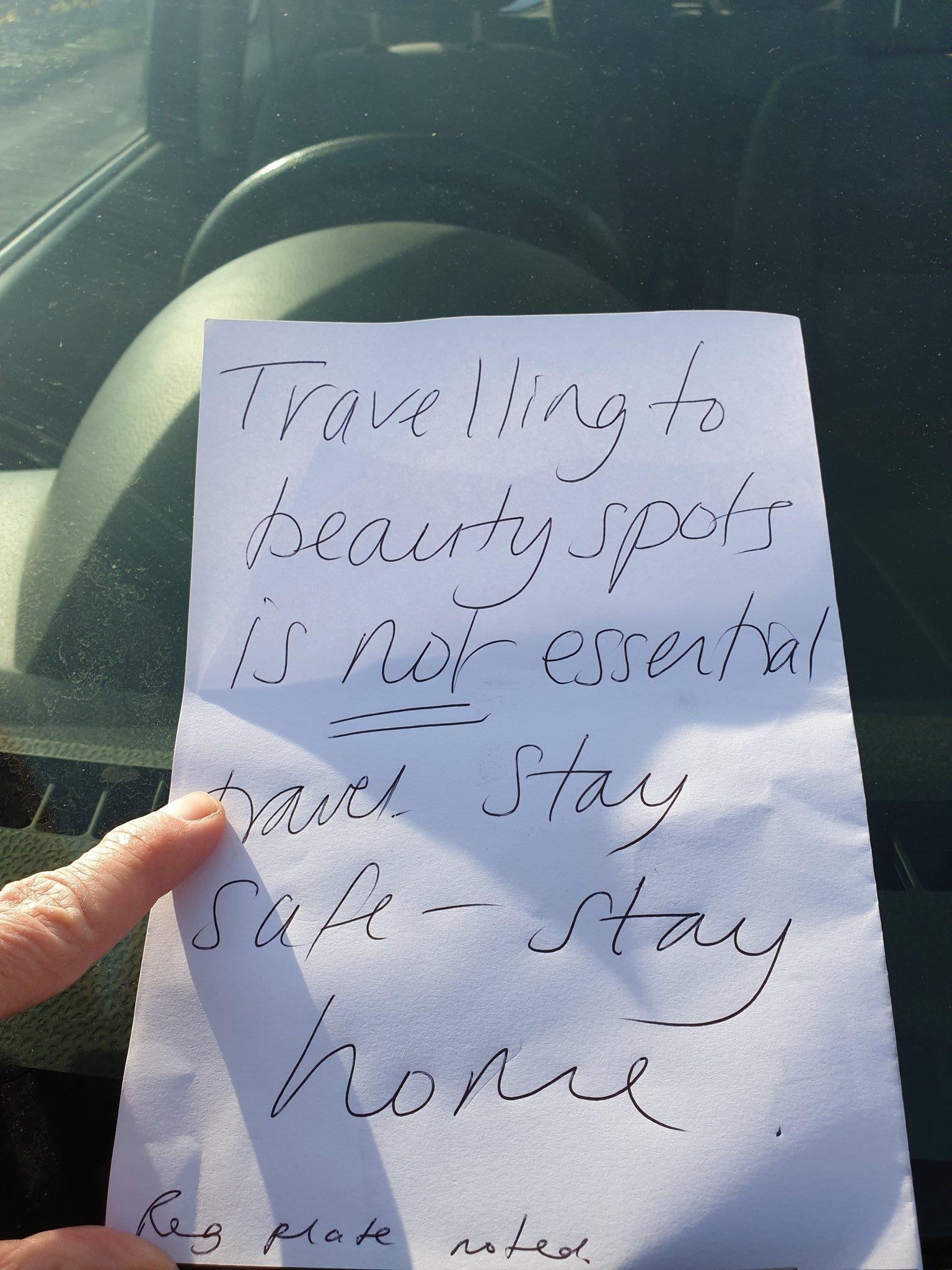
Bakewell Police issued a picture of a note left by a local on a car parked in the Peak District

Superintendent Steve Pont, of Derbyshire Police, echoed this advice in an interview with the BBC's Today programme.
"Every time you're out in public, away from your home, there's a possibility you might catch or pass on the virus," he said.
He added that unnecessary trips in the car or walks along cliff tops could lead to accidents, and put emergency service workers at risk.
Mountain Rescue has also urged people to, external "stay local" and avoid travel "unless it's essential".
Steve Lyons, 62, from Chippenham in Wiltshire, said that, initially, he could not work out what those people in the video posted by Derbyshire Police were doing wrong.
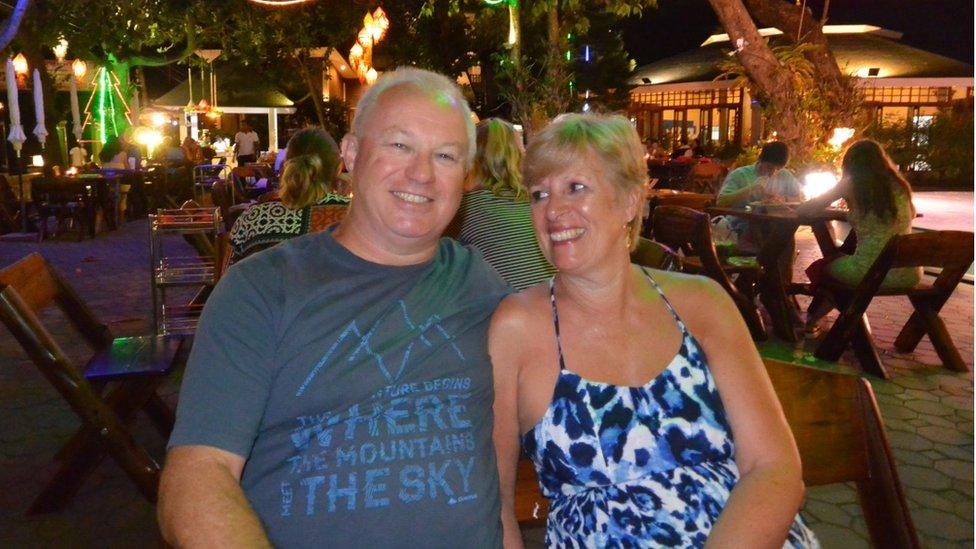
Steve and Karen Lyons usually walk alongside a canal but now opt for walks in town
"In an ideal world you get in the car, you drive to somewhere nice, you go for a walk, and you drive home again," he said.
"But there will be instances where somebody gets hurt, somebody injures themselves walking, or a car breaks down... Are you putting people unnecessarily at risk who might have to come and recover you?"
He and his wife usually drive to a spot by a canal to go walking, but are now opting for walks in town instead.
He said that even in London it is "not impossible to get out your front door" and walk somewhere apart from other people.
However, Rose Drew, who is in her 50s and lives in York, said travelling by car enables her to get fresh air with her daughter, who has a disability.

Rose Drew: "How crowded can the Moors get? It's virtually impossible"
She thinks that maintaining a connection with nature is important for environmental and mental health reasons.
"Not everyone can get out to the countryside," she said, adding that people who live in cities "don't want to walk around on concrete" but might have cars to travel.
"How crowded can the Moors get? It's virtually impossible," she added.
For Mike, too, exercise in open spaces is important for people's mental and physical health - and he said that staying healthy alleviates pressure on the NHS in its own way.
But he thinks the guidance from the government on driving had "not been as clear as it could be".
"I think to simply say you cannot drive your car, get out of that car and take a walk seems to be going too far," he said.
- Published25 January 2022
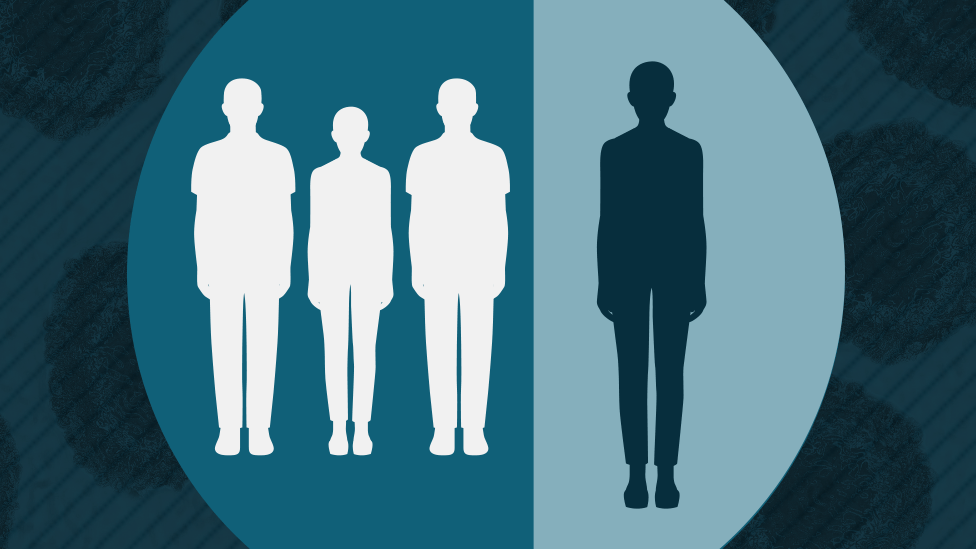
- Published27 March 2020
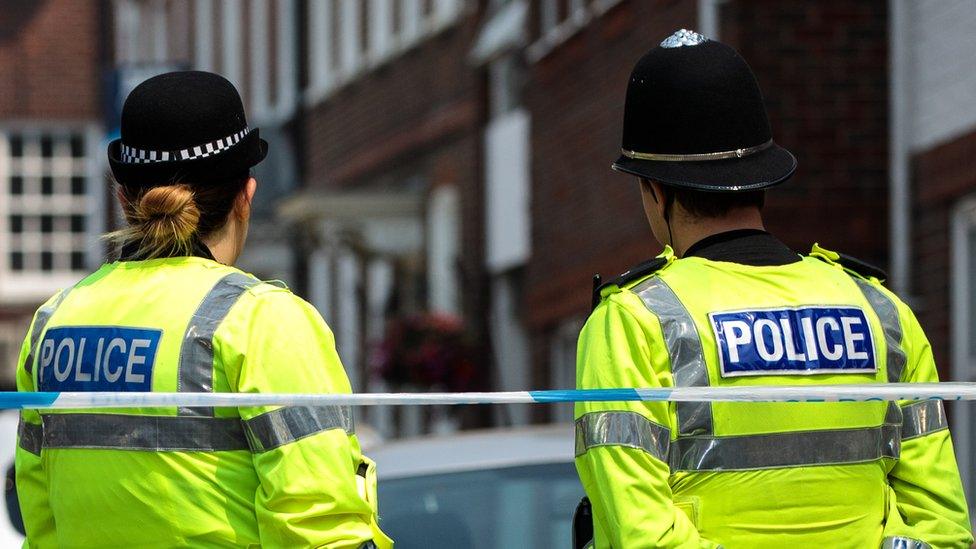
- Published26 March 2020
